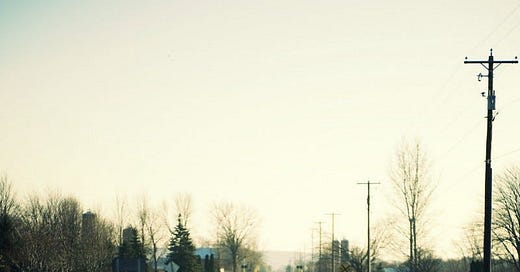Summer begins. Two and a half months to dance, swim and hang with friends before college. But this isn’t a typical summer. I spend most days alone or with my old, beloved mutt Raisin, poring through condolence letters, writing in my journal, wandering aimlessly around the house. My feet barely touch the ground. A hazy escape from reality…
© 2025 Kimberly Warner
Substack is the home for great culture




